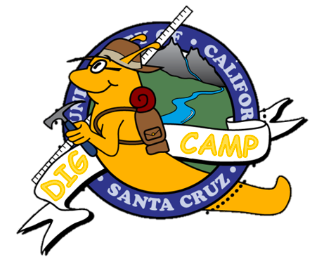DIG IT: Scaling and Sustaining through Data in Geosciences in Teaching
In 2024, DIG IT— Data in Geosciences in Teaching (NSF Award # 2325493)— was recognized as a promising program by the National Academies of Sciences, Engineering, and Medicine in their report on Scaling and Sustaining Pre-K-12 STEM Education Innovations. DIG IT scales up the impacts of DIG CAMP from 34 students to hundreds of students per year through teacher-led efforts across the Pajaro Valley Unified School District.
With the collaborative support of Community Science Partners, DIG IT teachers create locally and personally relevant, data-rich geosciences mini curriculum units that complement their district adopted curriculum. Community Science Partners include industry, government, agricultural, and academic organizations committed to impactful and solution-oriented geosciences research. Each mini-unit includes classroom and field experiences.
Teachers and Community Science Partners first come together during an eight-day summer institute that includes field trips to all partner sites. With the support of the DIG IT program team and DIG IT teacher colleagues, teachers and Community Science Partners develop the storyline, field, and classroom experiences. The mini-units are refined over the course of the year through four follow-up sessions. Teacher and student reflections on the unit are shared in a final showcase each spring.
The goals of DIG IT are to: (1) design and implement a series of experiences for high school science teachers to engage with local Community Geosciences Partners and their data to foster learning and collaborations (Teacher Learning); (2) facilitate the co-creation of student learning experiences that increase the number of authentic, data-rich, and locally-and/or personally-relevant geosciences lessons taught in local high school science courses (Student Learning); and (3) create and implement a sustainability plan with local high school science programming that includes continued collaborations between high school science teachers and local Community Geosciences Partners (System Level Change).
Community Science Partners
- Año Nuevo Natural Reserve
- Central Coast Wetlands Group
- City of Watsonville Wastewater Treatment
- Esperanza Community Farms
- Monterey Bay Aquarium Research Institute (MBARI)
- Moss Landing Marine Laboratory Sustainable Aquaculture
- UCSC Ecological Aquaculture Lab
- UCSC Center for Agroecology
- Verdagy
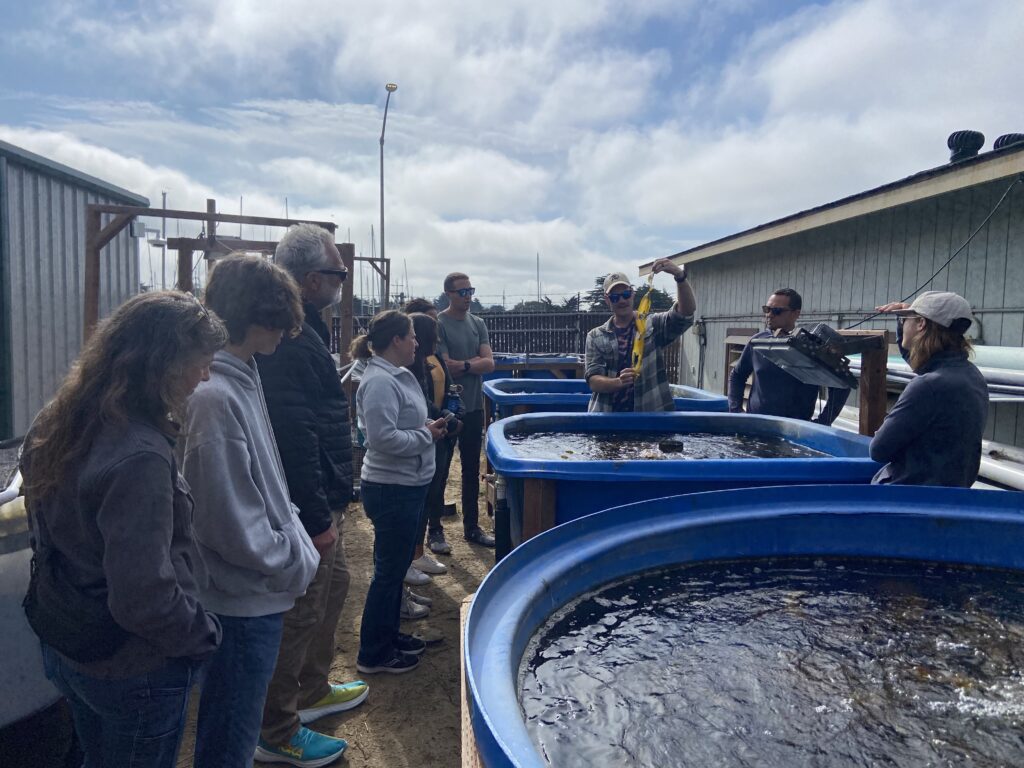
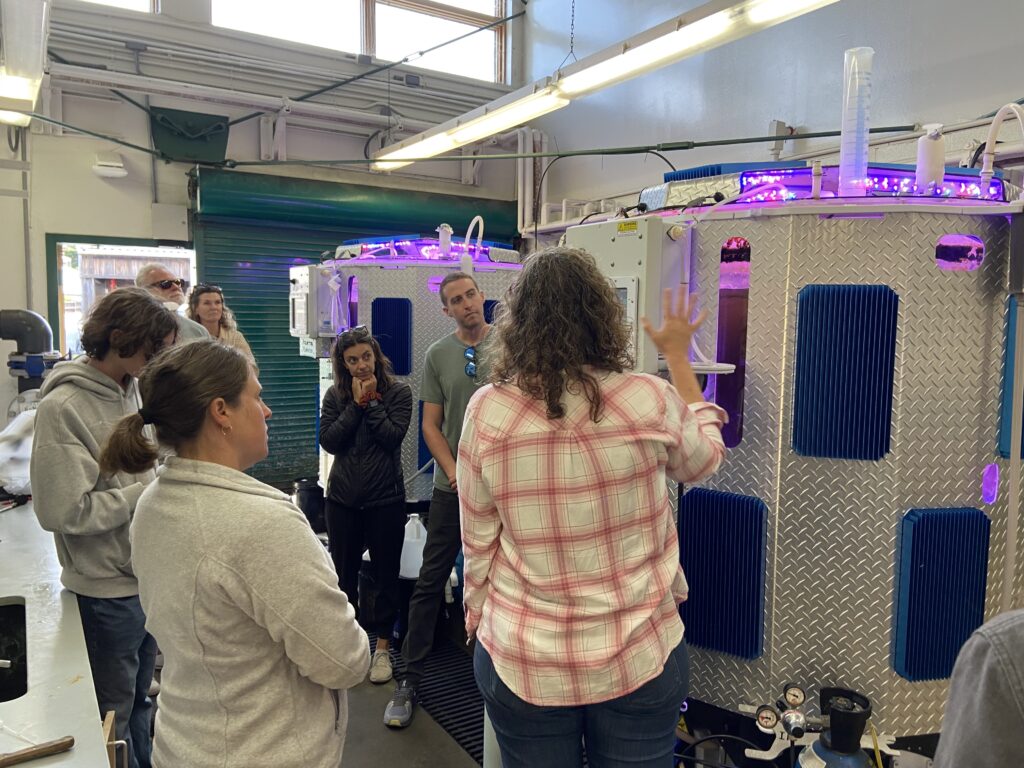
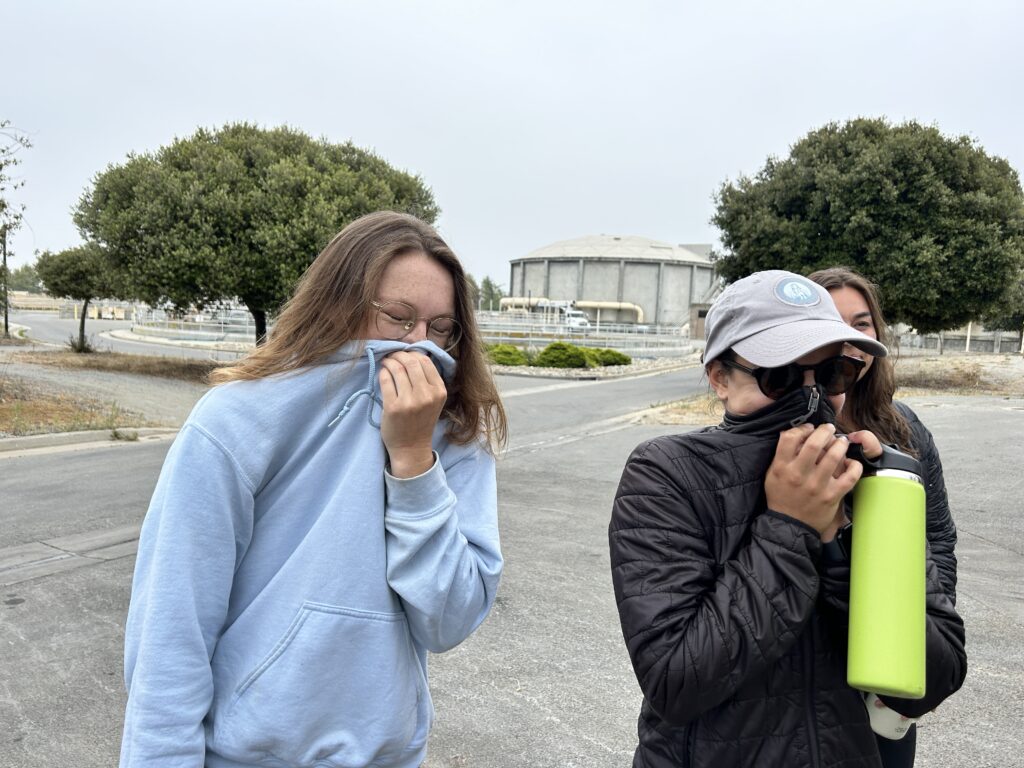
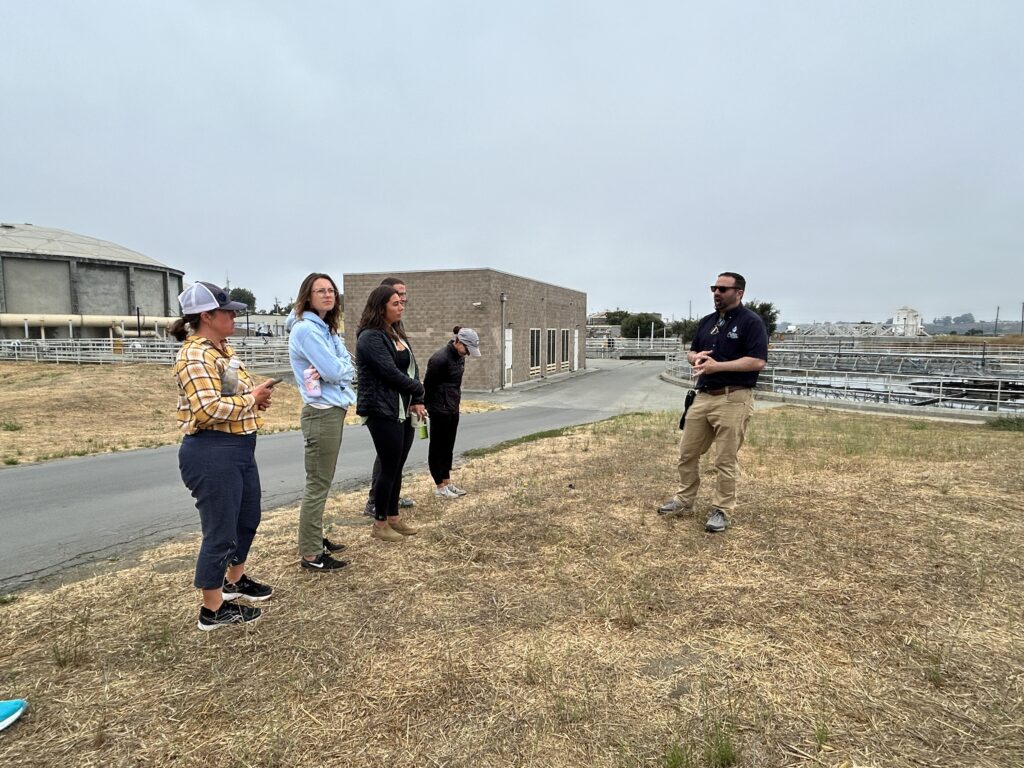
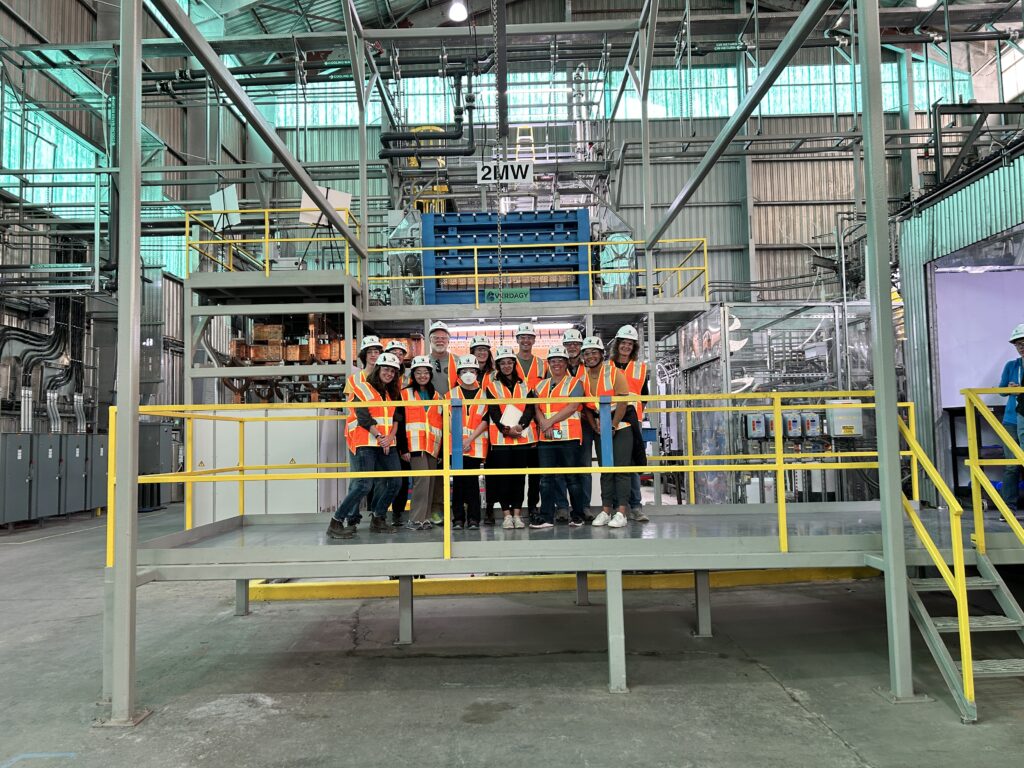
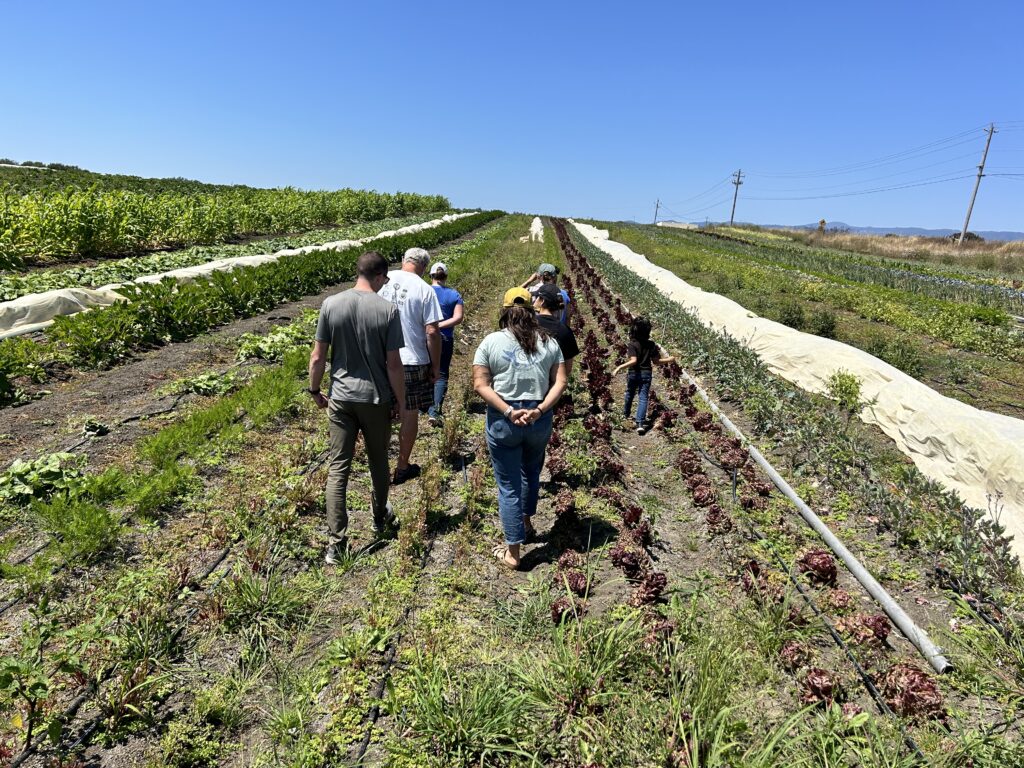
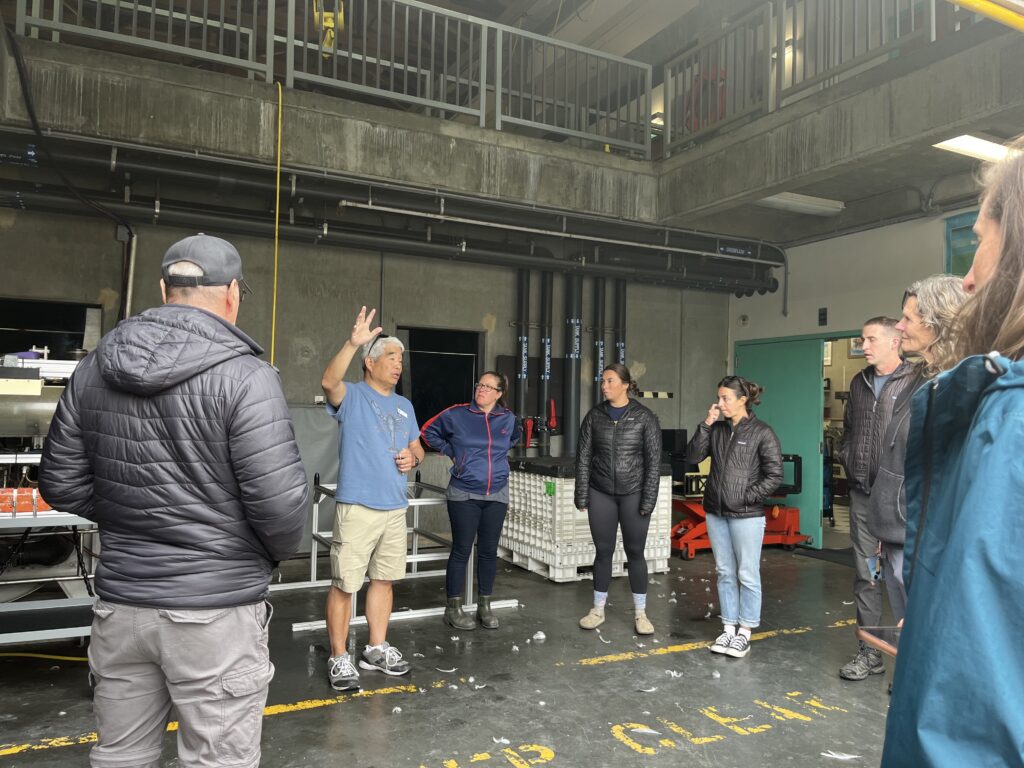
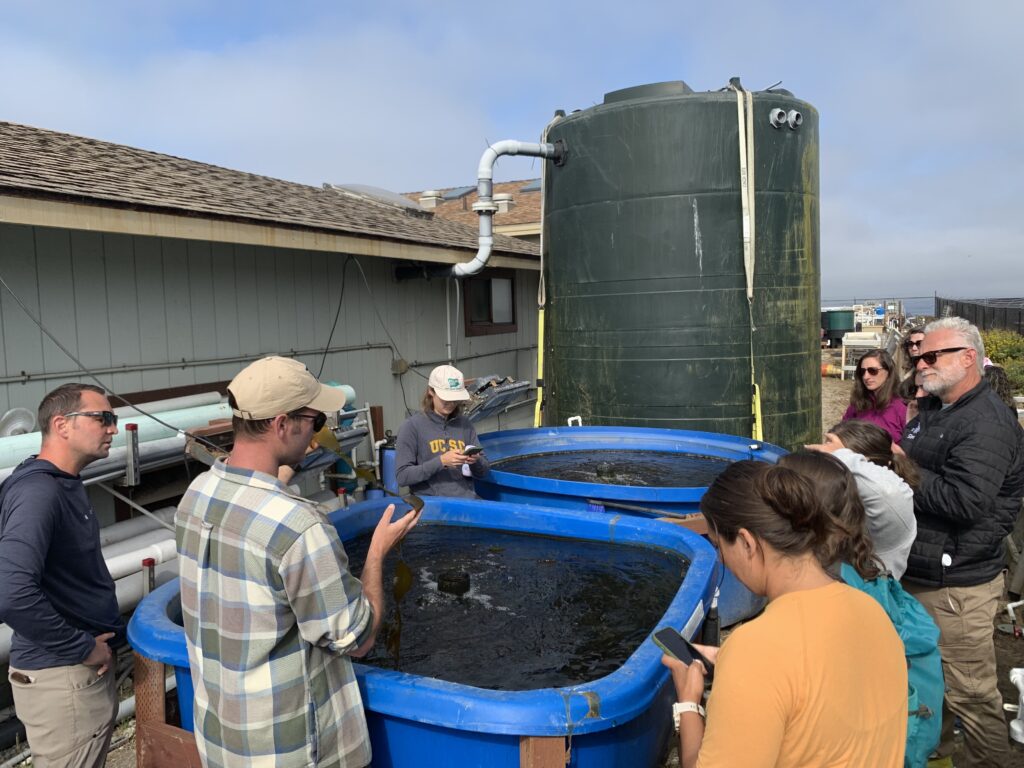
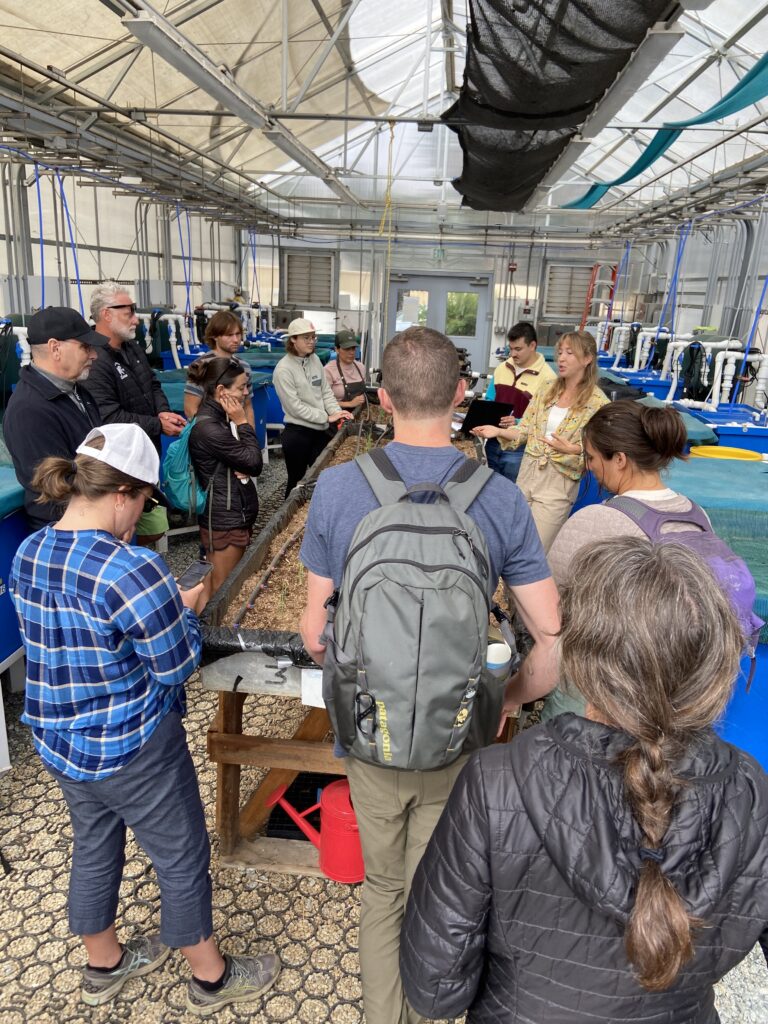
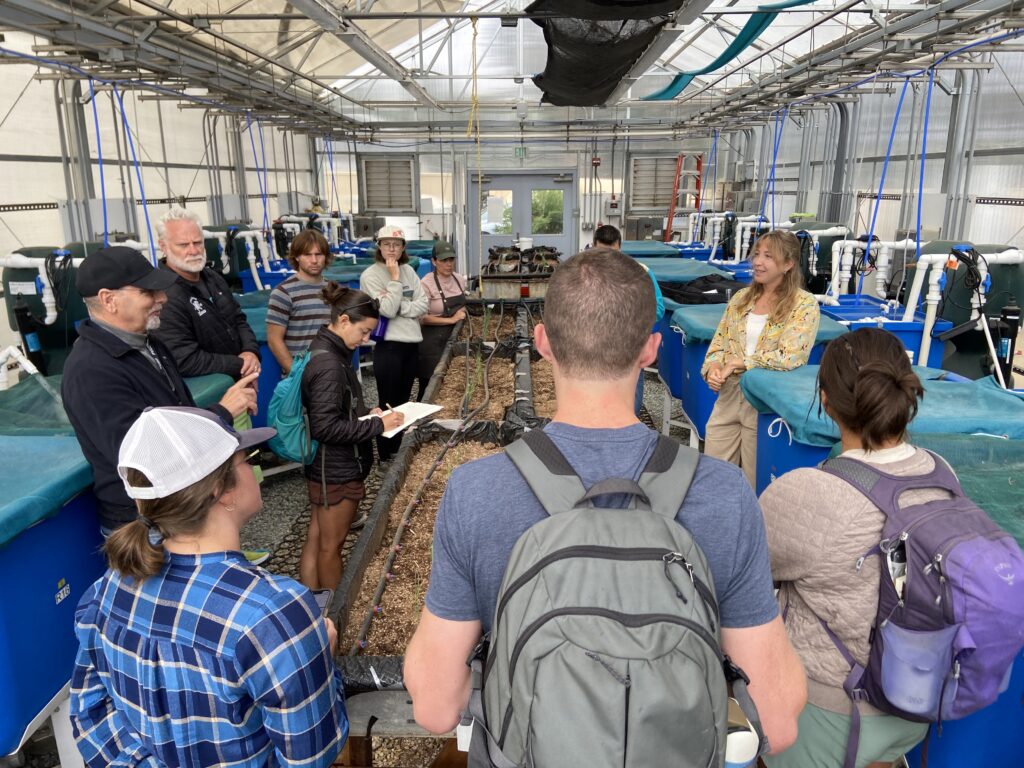
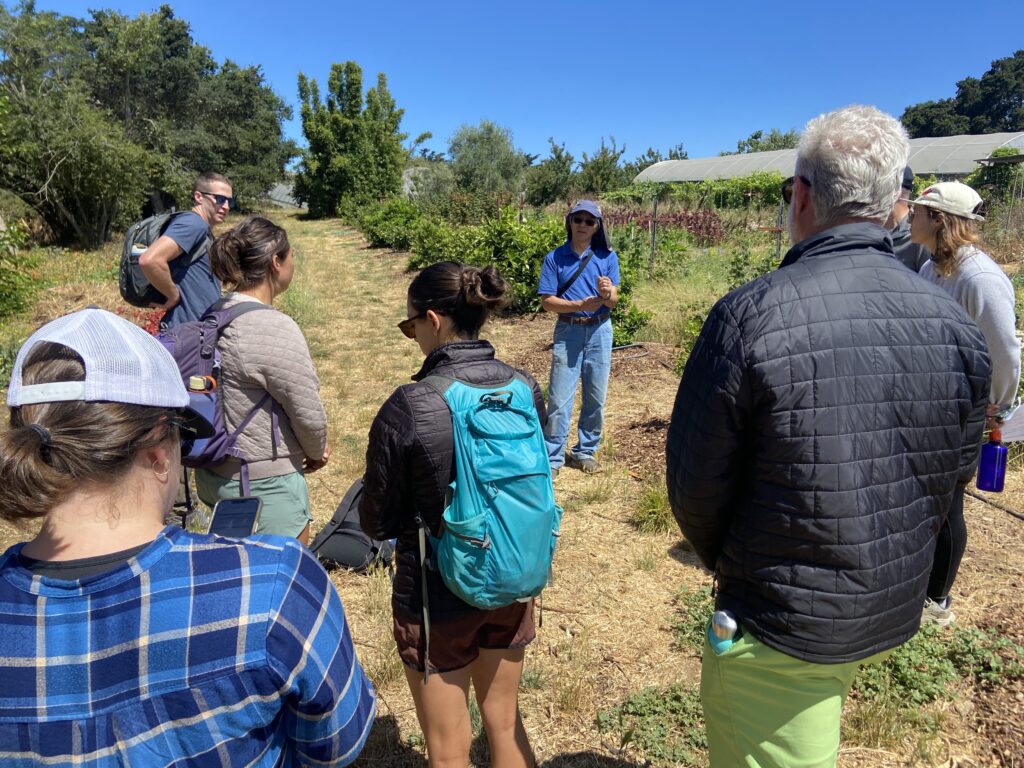
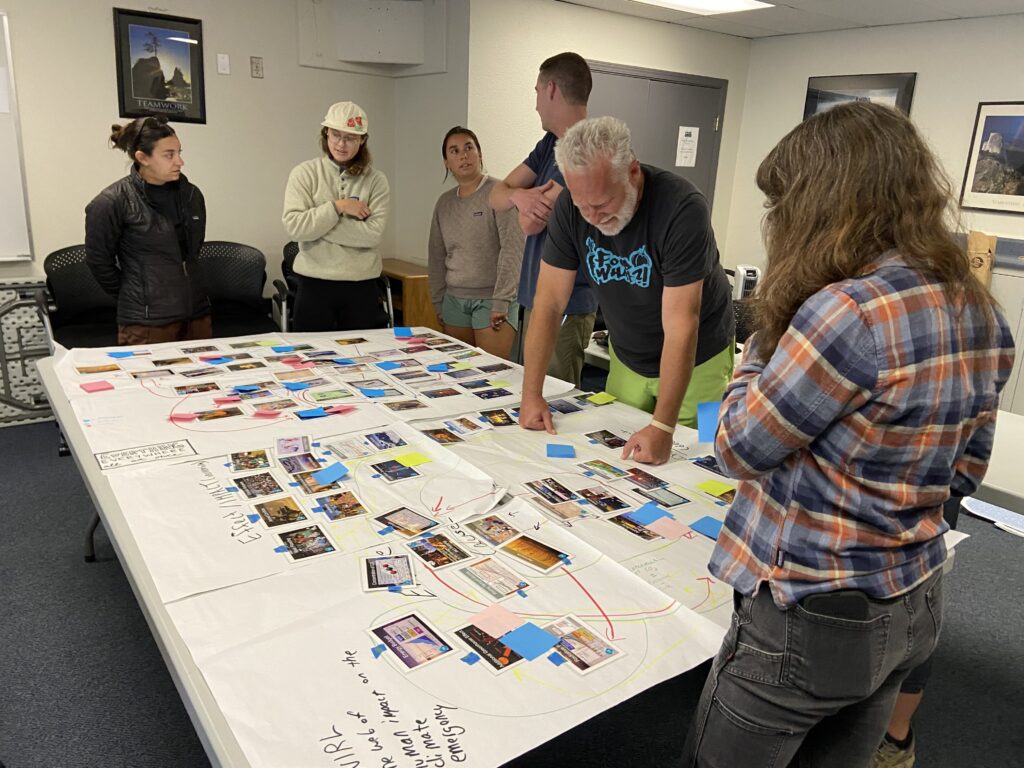
Interested in learning more or applying?
2025-2026 Cohort Interest Form
Sample Mini-Units from DIG IT Teachers
Click on the Mini-Unit titles in the table below to access curriculum materials
| Subject(s) addressed by mini-unit | Title and link to mini-unit | Creator | Community Science Partner | Overview |
| Environmental Science and Biology | Ecosystem Dynamics of Año Nuevo | Russell Bryan Love | Año Nuevo Natural Reserve | Students are introduced to the uniquely dynamic plant and animal populations of Año Nuevo Reserve through data, research, activities, guest speakers and field study. Students are then charged with creating and presenting Final Projects that employ data to focus on essential questions relating to challenges and solutions faced by the plant and animal populations at Año Nuevo. |
| Chemistry (honors and general) | Verdagy: Using Renewable Energy for Hydrogen Production | Tessa Accardo | Verdagy | This unit focuses on green energy alternatives, specifically hydrogen production using renewable energy sources. Students will learn about electrolysis to produce hydrogen gas, and how that hydrogen gas can be used at the industry level. Students will also learn to use stoichiometry to calculate how much hydrogen can be produced from a given energy input from solar or wind energy. |
| More coming soon… |

